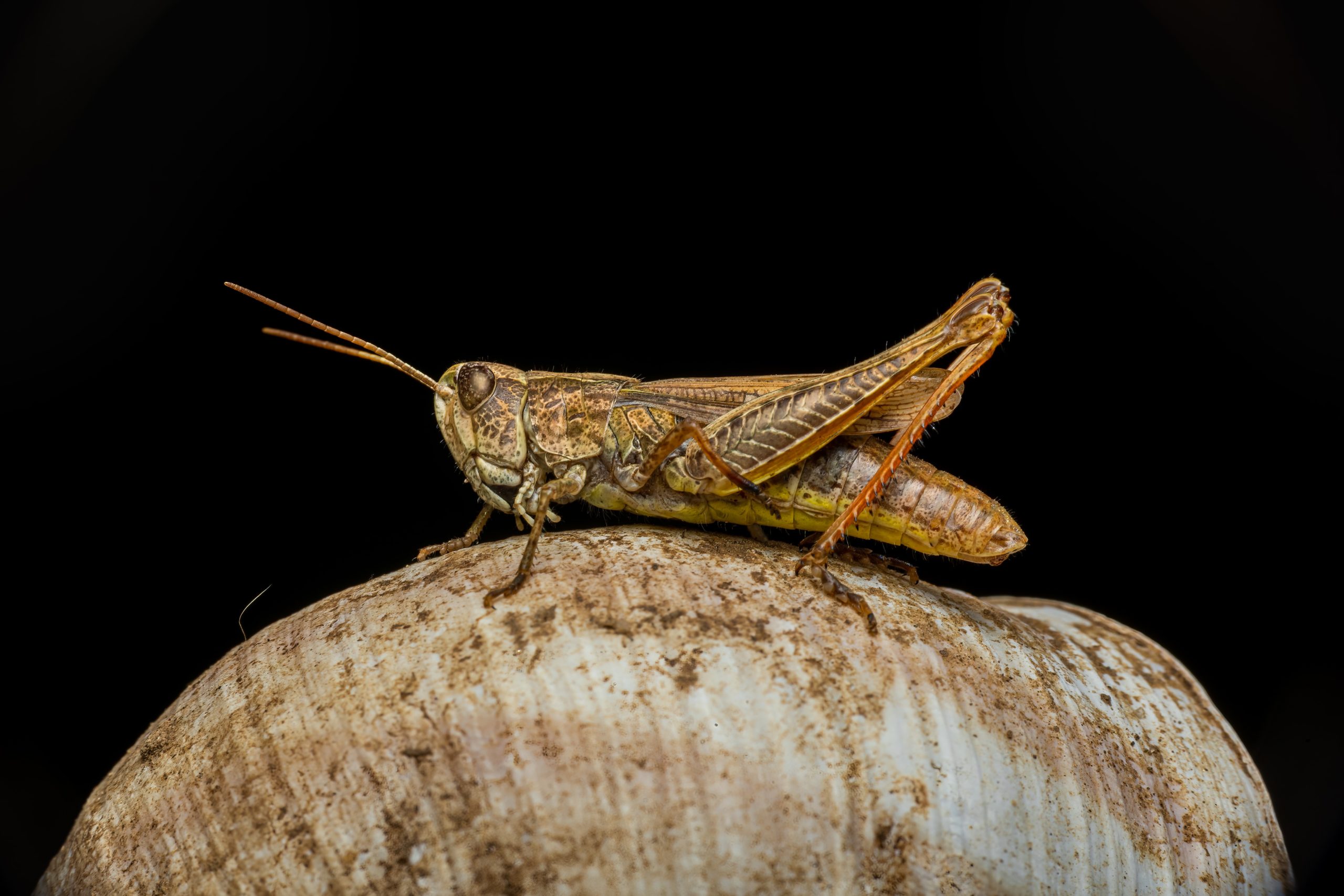European Researchers Say Cultivated Meat Diet Shift Could Mean 80% Water, Land and Emissions Savings
4 Mins Read
A study conducted by the University of Helsinki suggests that diets that include cultivated meat and dairy could offer water, land and carbon emissions savings of more than 80% when compared to conventional European diets.
The study further claims that the inclusion of novel foods would offer a more complete nutrient package than vegetarian and vegan diets. Insect protein were also considered, specifically flies and crickets, alongside plant proteins extracted from algae and mushrooms.

Cultivated developments as a sustainable alternative
Conventional meat accounts for almost 60 percent of all greenhouse gas emissions coming from food production. It is resource heavy and increasingly ethically unpalatable. Cultivated alternatives are being developed to tackle both the moral and climate-related consequences. They are cited as an answer to the global concern of food security and increasingly, more nations are seeking to get involved.
From one location in Emeryville, California, Upside Foods, which recently scooped $400 million in a Series C funding round, hopes to produce 400,000 pounds of cultivated meat each year. No animals will be slaughtered, no land will be sacrificed to rear the animals, and renewable energy can be sourced to power the factory. It’s an example of how cellular agriculture plans to remove livestock from the food system.
The new study coming out of Finland does not suggest removing animals altogether, but rather focussing on different species. Consumer acceptance may be challenging. Cultivated meat consortiums around the world are seeking to promote their products and to collect better consumer feedback. Insect protein could be an even harder sell.

Is food tech guaranteed to be the future?
University of Helsinki researchers published their findings in the journal Nature Food. While novel and future foods could have significant emissions savings of novel and future foods, they concede that low-tech solutions produced comparable results.
“Vegan and flexitarian or partially omnivore diets, mainly reducing meat consumption, will be important diet shifts for synergistic benefits to health and environmental outcomes,” the authors write. “However, due to less favourable profiles in terms of some nutrients in plant-based options – such as pulses and grains – diet-level comparisons with omnivore and plant-based diets are also needed to investigate the feasibility of including novel foods in future diets to meet nutritional needs with lower impacts.”
The researchers say that the lack of information surrounding the impact of diets featuring novel foods makes concrete findings impossible. Trade-offs between complete nutrition and environmental consequences are expected to be witnessed in the future when food tech solutions are widely available. The report does state that a reduction in meat intake and increase in vegetables leveraged similar projected benefits to personal and planetary health.

Only time will tell if we need cultivated meat and insect protein
The Finnish findings contain a lot of speculation and conjecture. Projections about nutritional profiles and positive environmental impact cannot be proven or disproven as yet. That won’t stop novel food development from progressing.
South Africa is making inroads into both insect protein and cultivated meat. The country has played host to Gourmet Grubb, an insect-based ice cream startup that has since branched out to include De Novo Dairy, already.
Most recently, both Mogale Meat and Mzansi Meat have debuted cultivated meat firsts for the nation. The latter showcased a cultivated beef burger earlier this month. Meanwhile, Mogale is building a game meat biobank to develop cultivated meats relevant to local palates. Earlier this month it unveiled its first cultivated chicken, to demonstrate technological prpgress, Both have cited a desire to provide sustainable, reliable sources of protein in a bid to end food insecurity and malnutrition within the country.
Lead photo by Ivan Ivanovic at Unsplash.




